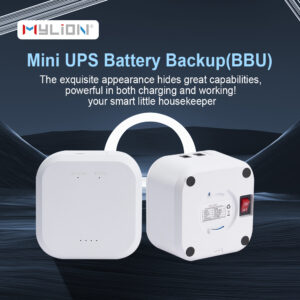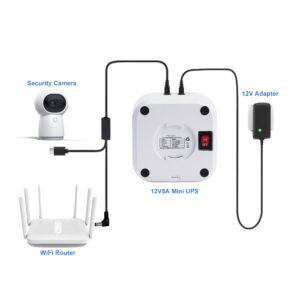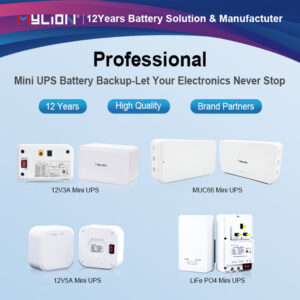The rapid evolution of consumer electronics has been driven by several key innovations, but one of the most transformative breakthroughs has been the development of LiPo battery (lithium polymer battery) technology. From smartphones and tablets to laptops and wearables, lithium batteries have greatly influenced the design, performance, and functionality of modern electronics. With their unique properties, lithium polymer batteries have enabled devices to become lighter, more powerful, and have longer battery life—all key factors that consumers seek in today’s fast-paced, technology-driven world.
This article explores how lithium polymer battery technology has revolutionized the consumer electronics industry, focusing on its role in improving the performance, battery life, and design of smartphones, tablets, laptops, and other modern devices.

1.Evolution of Battery Technology for Consumer Electronics
Historically, early consumer electronics were limited by the performance of battery technology. Devices such as early cell phones, portable music players, and early laptop computers were bulky in design due to the need to accommodate large, heavy battery packs. The introduction of lithium batteries was a game changer as it provided solutions to many of the key issues facing traditional battery technology.
Compared to older battery types such as nickel-cadmium (NiCd) or nickel-metal hydride (NiMH) batteries, lithium polymer battery technology has higher energy density, longer life, and higher power output efficiency. This is particularly beneficial for devices that require a compact, lightweight battery but still require long-lasting power to meet user needs.
2.How Li-Polymer Batteries Make Devices Lighter and More Portable
One of the most notable advantages of Li-Po battery technology is its ability to reduce the weight and size of consumer electronics while still delivering a lot of power. Traditional Li-ion batteries, while offering similar energy density, are typically in a rigid cylindrical form factor, which limits their flexibility in device design. In contrast, Li-Po batteries use a polymer electrolyte, which allows them to be molded into nearly any shape, enabling thinner, lighter, and more flexible designs.
Smartphones and Tablets
When it comes to smartphones and tablets, Li-Po batteries have played a vital role in making these devices thinner and more compact. The slim form factor of Li-Po batteries has enabled manufacturers to design smartphones that are not only lightweight but also powerful enough to support intensive tasks such as gaming, video streaming, and multitasking.
Using traditional battery technology, the thickness and weight of a device would increase in proportion to the battery capacity. However, Li-Po batteries enable the miniaturization of these devices, making it possible to produce lightweight, high-performance smartphones and tablets. For example, modern flagship smartphones are thinner, lighter, and more portable than ever before, and Li-Po batteries are a key enabler of this progress.
Laptops and Wearables
Laptops, especially ultrabooks, and wearables such as smartwatches, fitness trackers, and augmented reality glasses also benefit from the lightweight and flexible nature of Li-polymer batteries. For example, ultrabooks are known for being extremely lightweight, yet they still pack enough power to support intensive applications such as video editing, 3D rendering, and gaming. This is made possible by Li-polymer batteries, which allow laptop manufacturers to create thin devices without sacrificing battery performance.
Similarly, wearables are inherently size-constrained and are able to incorporate Li-polymer battery packs that provide long battery life without adding extra weight. Devices such as smartwatches, fitness trackers, and even smart glasses are powered by Li-polymer batteries, enabling them to offer expanded functionality without compromising comfort or portability.
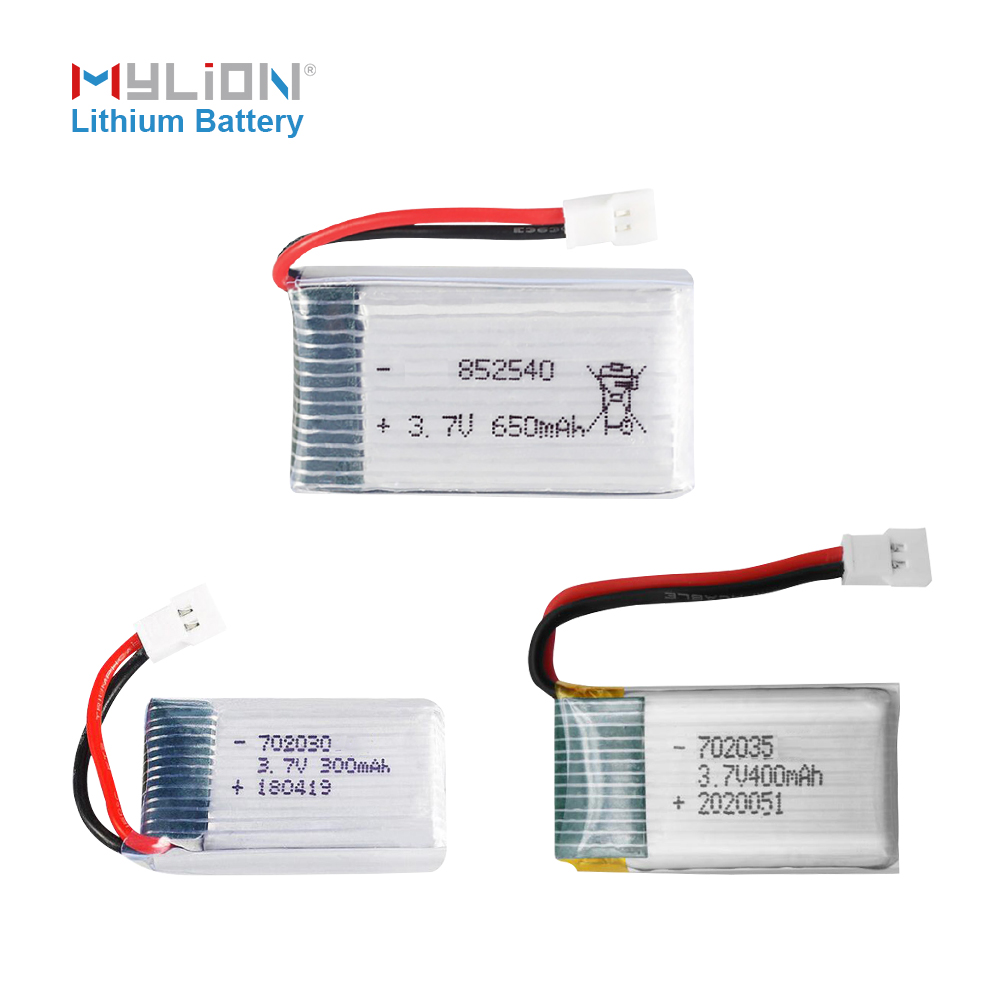
3.Improve Device Performance with LiPo Batteries
While LiPo battery technology primarily impacts the power and portability of consumer electronics, it also plays a key role in improving the overall performance of these devices. Because LiPo batteries have a higher energy density and more stable power output, they allow devices to operate more efficiently, even under heavy use.
Faster Charging
One of the most desirable aspects of LiPo battery technology is its fast charging capabilities. Today’s consumers demand fast charging capabilities from their devices, and LiPo batteries enable manufacturers to meet this demand. LiPo batteries typically support faster charging cycles than traditional battery chemistries, allowing users to get more use out of their devices in less time. The fast charging of modern smartphones, laptops, and tablets has revolutionized the way people interact with their devices, making it more convenient for users to stay charged throughout their busy days.
Continuous Power Delivery
Another important advantage of LiPo battery technology is its ability to provide a steady power output throughout the battery charge cycle. Unlike older battery technologies, which experience power degradation as the charge decreases, LiPo batteries maintain steady performance throughout use. This is critical to ensure that high-performance tasks such as gaming, video editing or multitasking on smartphones and tablets run smoothly without sudden power cuts or throttling.
For laptops, this means users can get optimal performance over long work sessions, which is especially important for creative professionals and content creators who rely on powerful computing tasks. With lithium-polymer battery technology, users can experience consistent power levels from start to finish.
4.The Future of Li-Polymer Batteries in Consumer Electronics
As technology continues to advance, Li-Po batteries will likely remain a core component in the development of consumer electronics. As battery chemistry continues to innovate, manufacturers are already exploring ways to increase the energy density of Li-Po batteries and improve charging speeds, durability, and overall efficiency.
Future trends in Li-Po batteries could lead to lighter devices, faster charging times, and longer-lasting power solutions. In addition, new manufacturing techniques and materials will improve the safety and lifespan of Li-Po batteries, ensuring that these batteries will continue to meet the needs of high-demand applications for years to come.
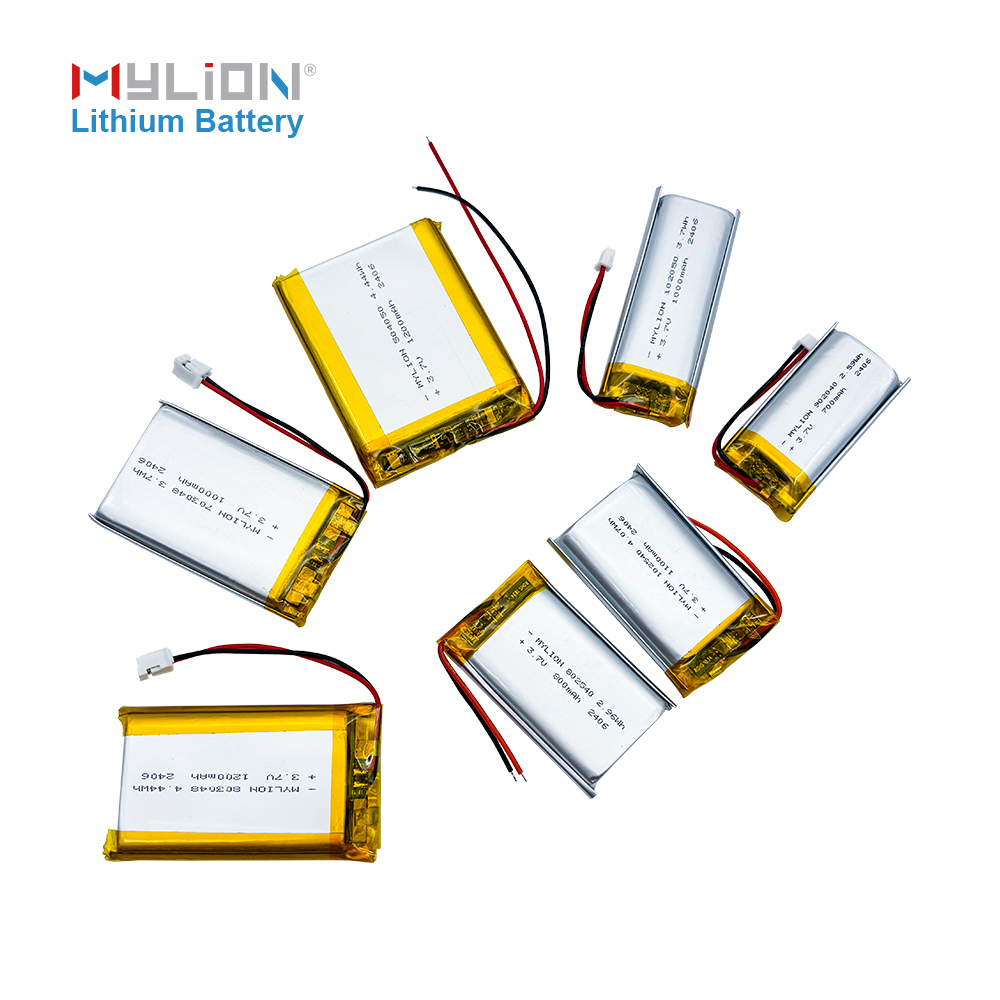
Conclusion
The advent of lithium-ion battery technology has fundamentally changed the consumer electronics landscape. By providing lightweight, high-performance power, lithium-polymer batteries have made devices such as smartphones, tablets, laptops, and wearables more powerful, portable, and efficient than ever before. As lithium-polymer battery technology continues to advance, it will undoubtedly continue to drive innovation and allow consumer electronics to push the boundaries of performance, design, and battery life. Due to its impact on device portability, power, and efficiency, lithium-polymer batteries have truly become a revolutionary force in modern technology.



